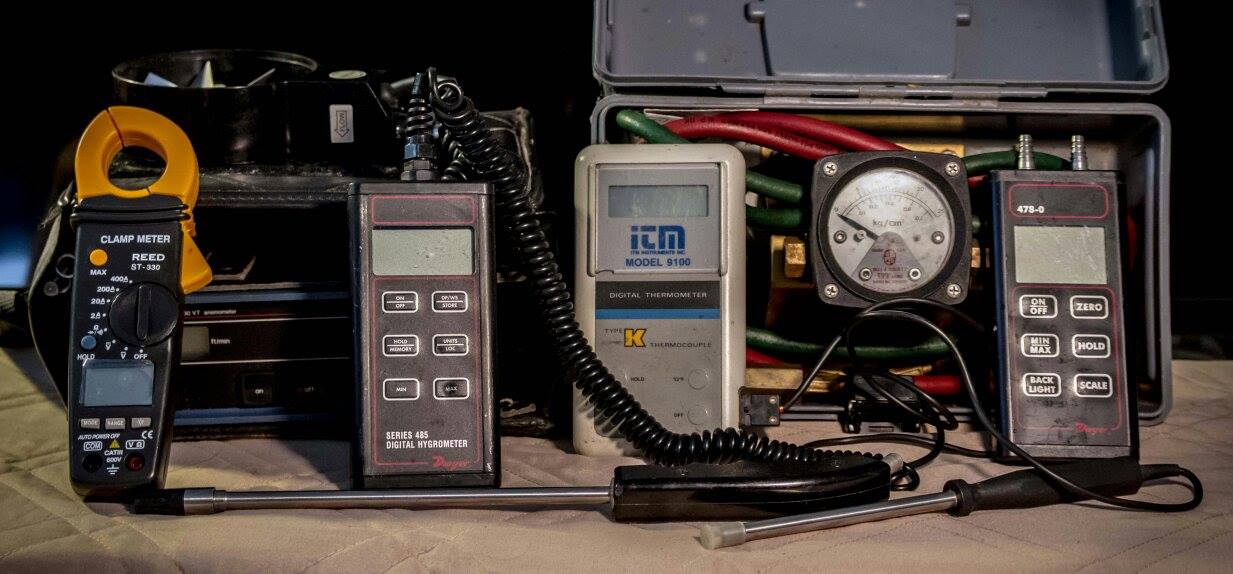Oral presentation of this page. Click here.
Measure Water Flow

Measure water flow speaks to flow measurement, how to measure water flow and water meters.
Circuit Balance Valve
The circuit balance valve will be located at the discharge of the pump. For other heating terminal devices, the circuit balance valve will be located in the return line.
The circuit balance valve serves three purposes:
When the circuit balance valve is used as an isolating valve,it is easy to return to the balance position after reopening the valve. It is complete with a memory lock setting, which allows the valve to only be reopened to the preset balance position.
The computerized flow meter can be field programmed to measure water flow for each particular valve. The test probes for the flow meter are inserted into the test ports on the valve.
Using this differential pressure, and noting the stem open position, the flow meter will measure, and indicate the water flow.
Ultrasonic Flow Meter
The ultrasonic flow meter is a non intrusive device, which measures water flow in a pipe. A pulsed doppler or continuous wave doppler signal is used for measurement purposes. These non intrusive methods are very popular because pipes do not have to be cut to allow insertion of test probes.
These ultrasonic flow meters are portable and are of a clamp on design.
There are also insertion ultrasonic flow meters for applications where clamp on type flow meters will not function. With the insertion transducers, difficult pipe conditions can be overcome. Pipe wall, pipe liner and wall deposits, will not affect the performance of the transducer.
The insertion transducers can be installed without having to drain the pipe, by using what is known as a live tap machine.
Dead Head Pump Method
If a circuit balance valve is not installed and an ultrasonic flow meter is not available, it is possible to measure water flow through a pump using the deadhead method.
Calibrated gauges must be installed at the inlet and outlet of the pump. There must not be a strainer or isolating valve located inside the gauge position.
With the pump at full flow, note the suction and discharge pressures. Convert the resulting across pump differential pressure to ft head. 2.31 psi (pounds per square inch) equals 1 ft head.
Then close the discharge isolating valve and note the no flow differential pressure across the pump.
Using the manufacturer supplied pump curve, mark the no flow ft head pressure on the vertical of the pump curve. Using this point, draw a pump curve parallel to the existing pump curve. Then take the full flow differential pressure and apply to the vertical of the pump curve.
Using a straight edge note where this value intersects the drawn deadhead pump curve. Drop down to the bottom and note the water flow in usgpm.
Return from measure water flow to homepage
Hard copy and E book for sale. Introduction to Building Mechanical Systems. Click here.


